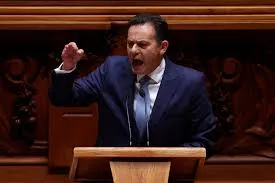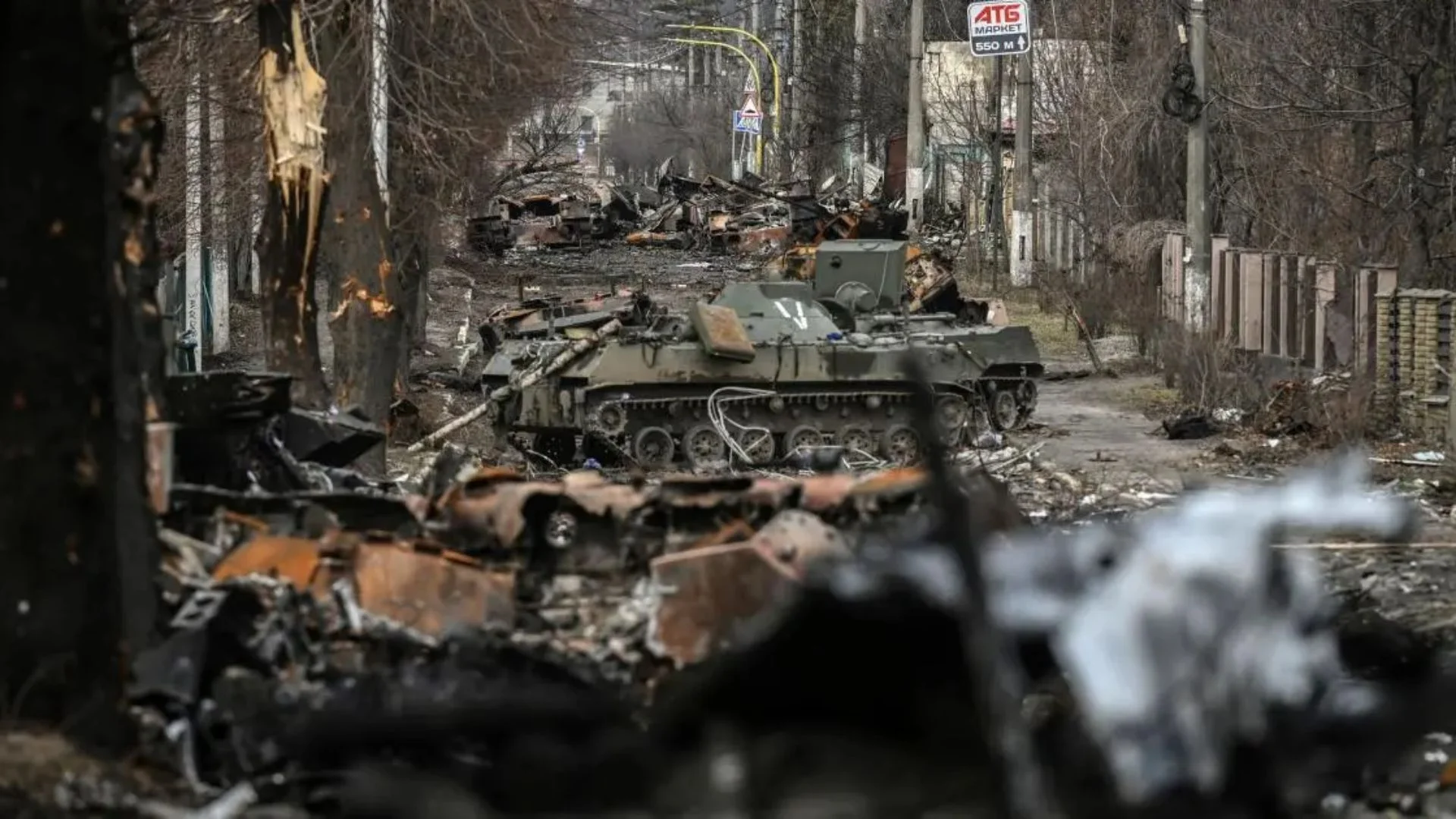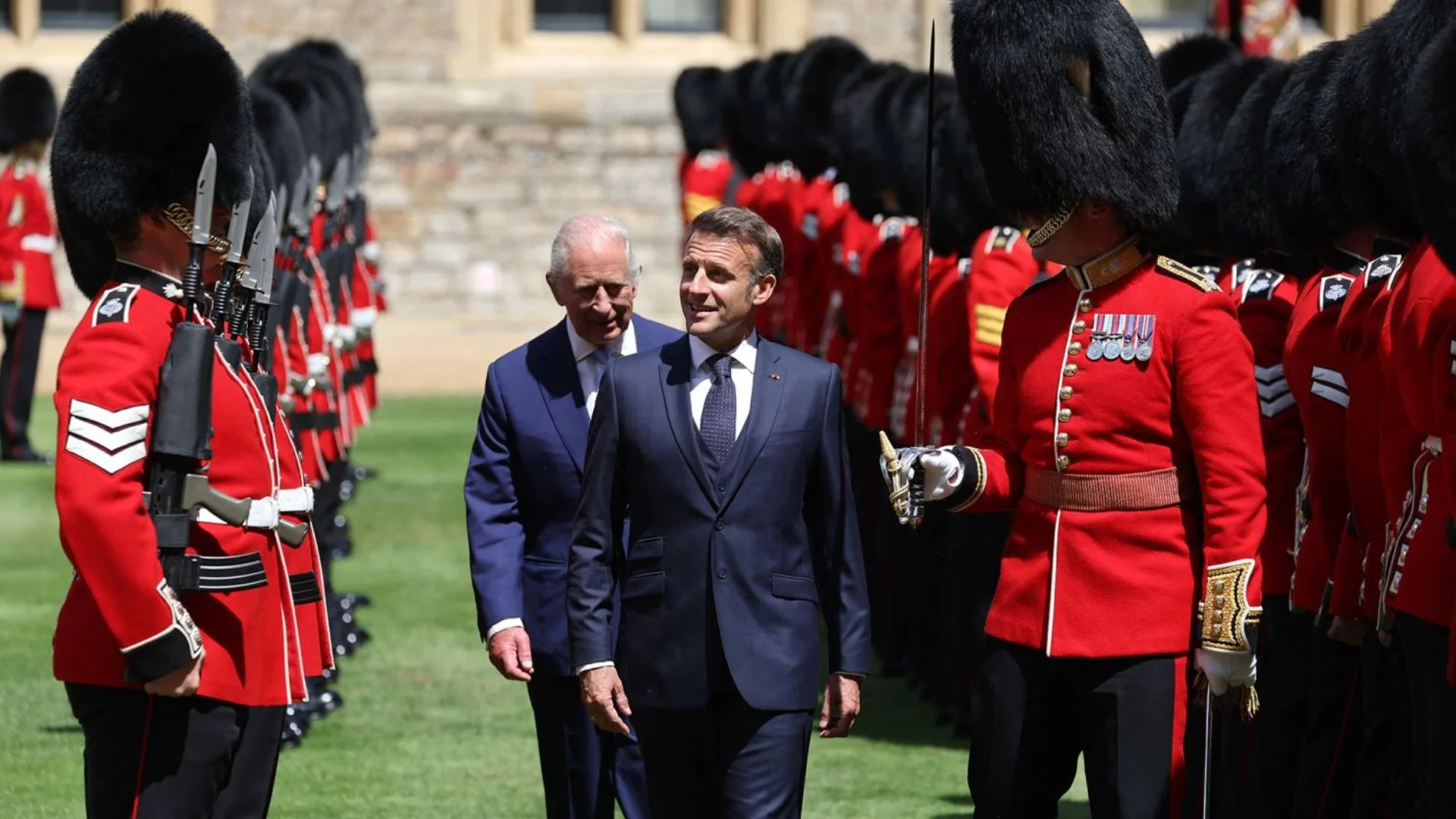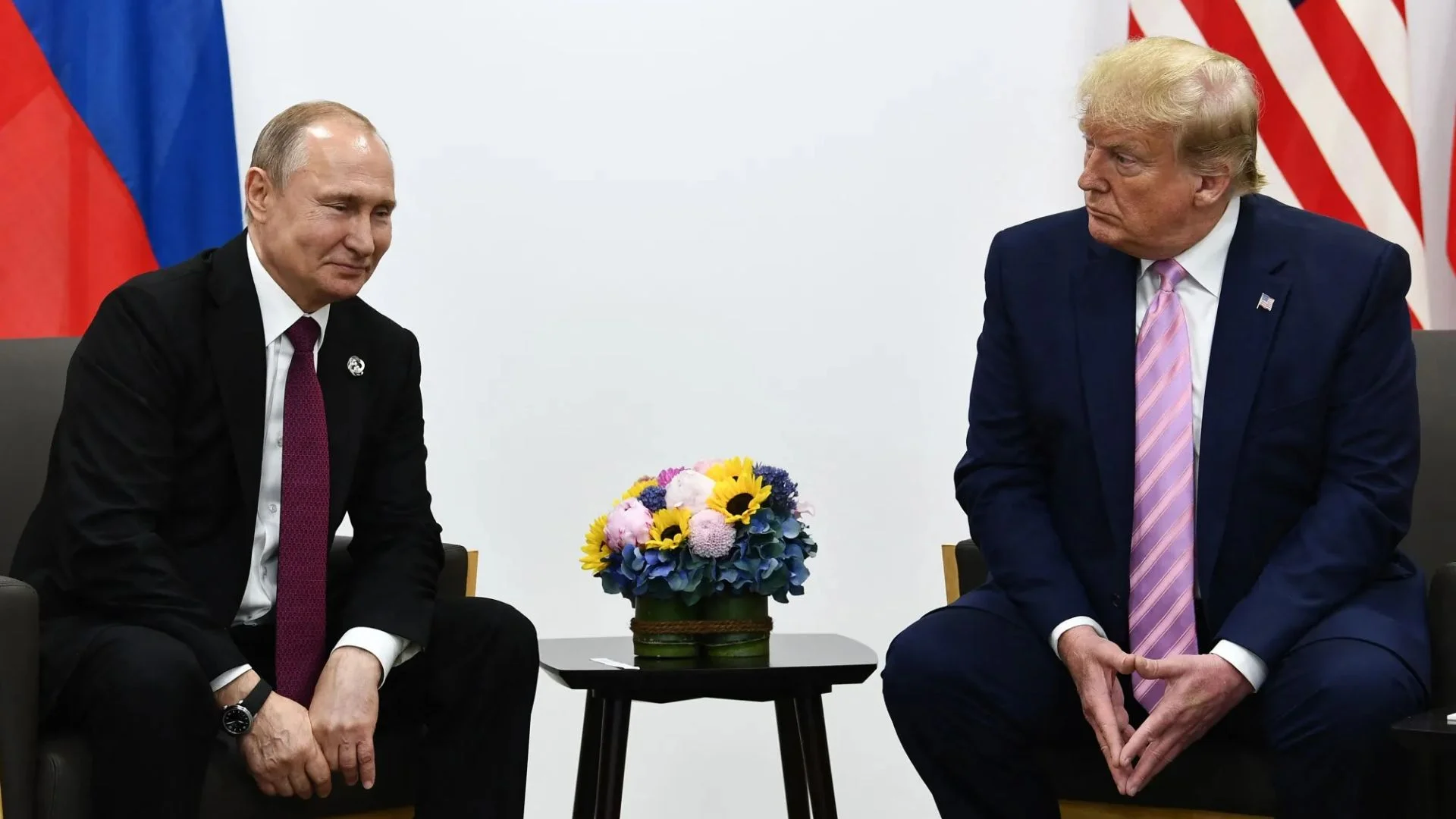Portugal’s Prime Minister Luis Montenegro has proposed a confidence vote in his year-old minority government, a risky move that could lead to his dismissal. The opposition, including the Socialist Party and far-right party Chega, has vowed to reject the motion, making a snap election highly probable.
At the center of the crisis is a consultancy firm owned by Montenegro’s family, which allegedly secured contracts benefiting the prime minister. Montenegro has denied any conflict of interest, stating, “The country needs political clarification, and this is the moment.”
Government at Risk of Collapse
Montenegro’s confidence vote first requires cabinet approval and is expected to be held next Wednesday. If parliament rejects it, his government will assume a caretaker role while President Marcelo Rebelo de Sousa decides whether to dissolve parliament and call for new elections. Analysts predict a snap election, likely on May 11 or 18.
The Socialist Party leader, Pedro Nuno Santos, directly challenged Montenegro, saying, “The prime minister knows we will reject the motion. The responsibility for this crisis is yours alone.”
Portugal’s Economic and Political Uncertainty
Despite Portugal’s 2% economic growth and budget surpluses, the country is struggling with a housing crisis. The ongoing political turmoil also threatens key projects, such as the privatization of TAP airline, which now risks delays.
Legal Allegations Against Montenegro
Montenegro founded a data protection consultancy in 2021 before assuming political office. He later transferred ownership to his wife and children. The opposition argues this transfer is invalid under Portuguese law, making Montenegro responsible for the company’s dealings.
While denying any wrongdoing, Montenegro insists all assets were declared upon taking office. However, opposition leaders claim he received payments from private companies even after becoming prime minister.
What’s Next for Portugal?
As the political crisis unfolds, Montenegro remains determined to lead his party in any new election. Meanwhile, President Rebelo de Sousa has yet to confirm whether he will dissolve parliament, though many see it as inevitable.
With Portugal’s history of political instability, this could mark the third snap election since 2022, leaving the nation in a prolonged period of uncertainty.






















